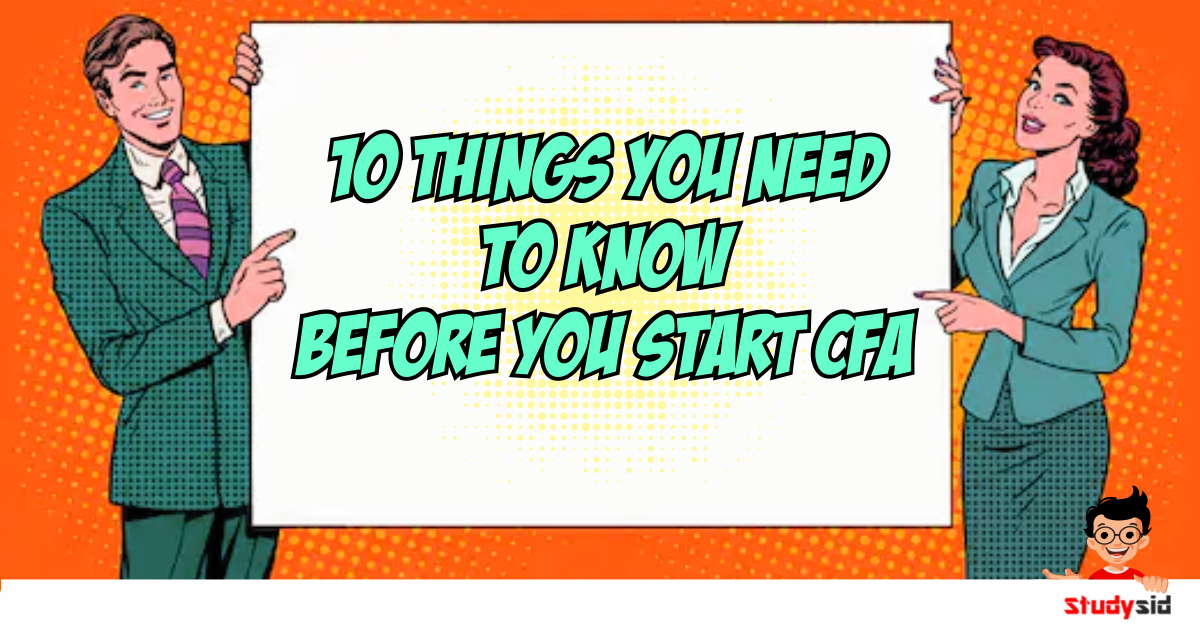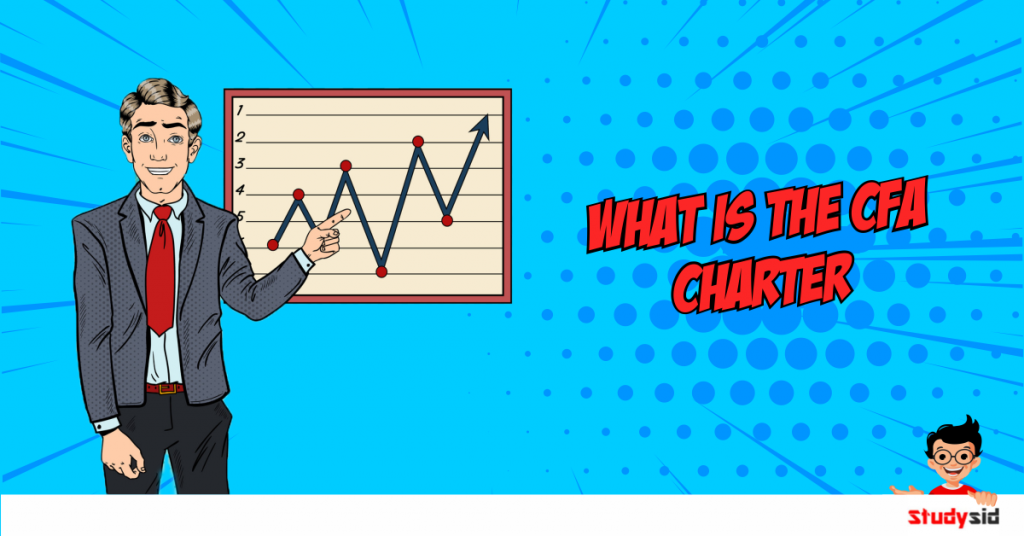Want to become a CFA? Haven’t cleared the CFA examination? This article will let you in on things you should know before registering for the CFA Exam.
The CFA program is considered to be a graduate-level program. It is a self-study curriculum and examination program for investment professionals- especially security analysts, money managers, and investment advisors. Established and came into existence in 1962, the CFA program set the Global standard for investment knowledge, standards, and ethics. Earning the credential can serve as a ‘passport’ for entry to or advancement within the profession or for work in other countries. It tells clients, employees, and colleagues that are charter holder has mastered a rigorous curriculum covering a broad range of investment topics.
The CFA institute periodically conducts a practice analysis, known as the candidate book knowledge. Involving CFA charter holders around the world to determine the knowledge, skills, and abilities that are relevant to the profession. This article will brief you about some important things you should know before registering for the CFA.
Course Structure
Another thing you should know before registering for the CFA Exam is the course structure. The program is organised into four major topic areas: ethical and professional standards, tools and inputs for investment valuation and management asset valuation, portfolio management and performance presentation.
- The level 1 study program emphasizes tools and inputs, in addition to an introduction to asset valuation and portfolio management techniques.
- While the Level 2 study program emphasizes asset valuation, as well as applications of the tools and inputs in asset valuation.
- While the Level 3 study program focuses on the portfolio management process and emphasizes the application and synthesis of the methodologies utilised in level 1 and 2 program.
- All three levels of the curriculum emphasize on ethical and professional standards.
- Minimum length of time taken to sequentially pass all the three exams is approximately 1.5 years.
- While the average number of years candidates take to earn CFA charter is approximately 4 years.
- Students should study for at least 250 hours for each exam level.
Program Curriculum
Each of the three levels covers the full range of topics but with a different focus. The topic focus for level one is on investment tools, level two is on asset valuation, level three is on portfolio management. The learning focus also changes with each exam, from knowledge and comprehension (level one), to application and analysis (level two), to synthesis and evaluation (level three). 10 general topic areas make up the curriculum which provides a framework for making investment decisions.
- Ethical and professional standards
- Quantitative methods
- Economics
- Financial reporting and analysis
- Corporate finance
- Equity investments
- Fixed income investments
- Derivatives
- Alternatively investments
- Portfolio management and wealth planning
Registration
- It starts 11 months before the exam. For instance, if you’re planning to sit for the June exam, you can register yourself 11 months before July. The earlier you register, the lesser the fees you will have to pay.
- Level one candidates must pay a one-time enrolment fee plus exam registration fee.
- While level two and level three candidates need to pay only for the exam registration fee.
- Students must make all payments online.
- Hall tickets are distributed online in late April for the June exam and late October for the December exam. The results are declared online in the last week of July and January, for the level one June and December exams, respectively. The second week of August is when the results of level two and level three exams (conducted only in June) are declared.
- Depending on how the students clear the exam and time their papers, they can finish all the three levels in a minimum span of 18 months. (Example: level one-December 2016, level 2-June 2017, level three-June 2018) Provided the student clears all levels in one go. According to the CFA Institute, the average time taken by a candidate in four years.
- Clearing the exams is just one of the requirements to become a CFA charter holder. A person also needs to have at least four years of professional investment experience, be a regular member of CFA Institute and commit to abiding by the institute’s code of ethics and standards of professional conduct.
Who needs CFA?
- A candidate who wants to pursue portfolio management and/or investment analysis can apply for the CFA program.
- Candidates who want to shift abroad and work can also apply for the CFA program.
- A candidate who wants to pursue a career in a financial corporation can also apply for the CFA program.



